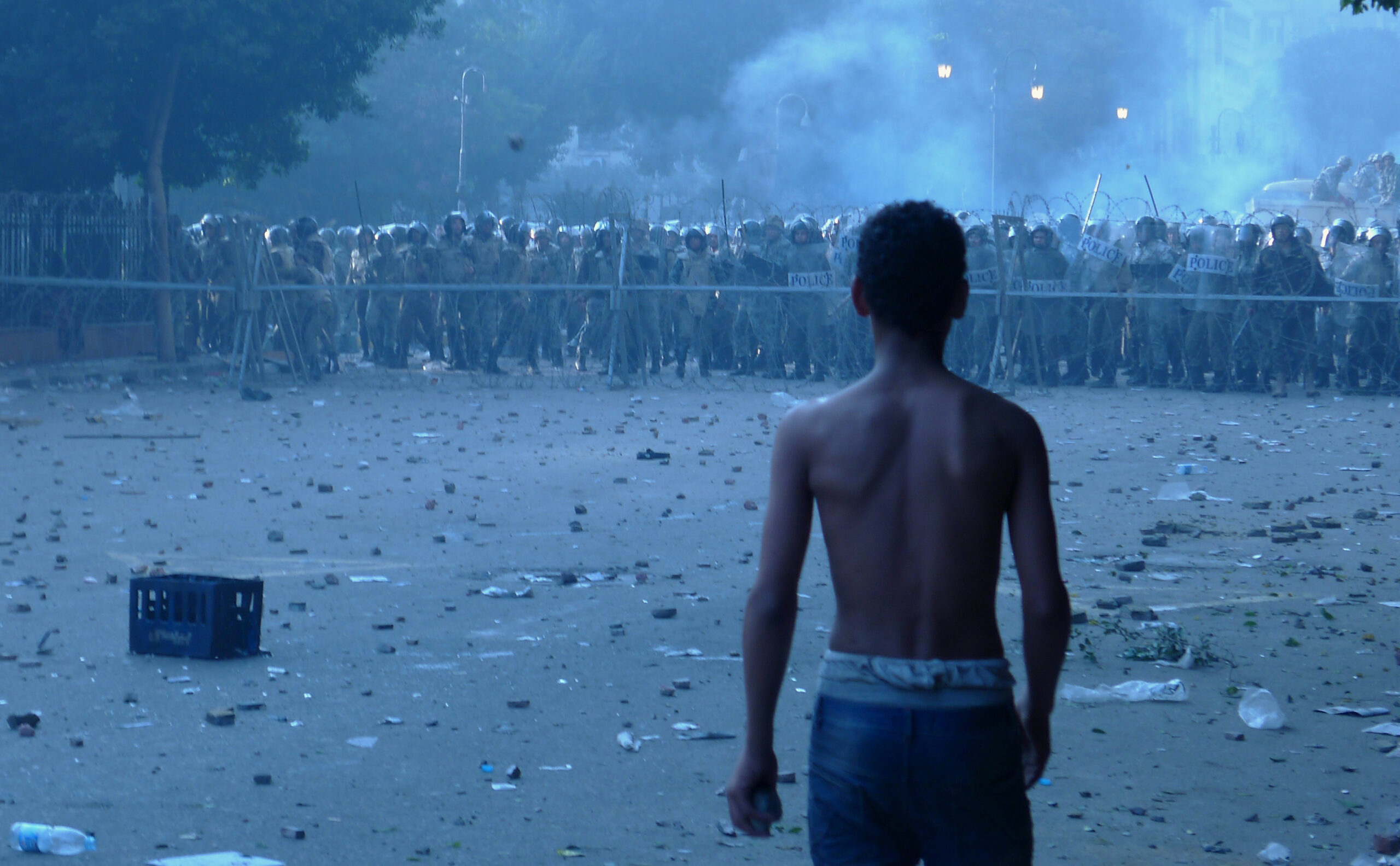The “Arab Uprisings”
It’s been a bumper decade for UK arms manufacturers since the “Arab Spring” or “Arab Uprising” depending on whether you’re trying to convey an air of optimism and hope or more accurately describe what has followed 10 years of citizens’ revolt against autocratic regimes in the Middle East.
Seeking political and economic reform and an end to decades of poverty, food insecurity, unemployment and corrupt governance, demonstrators in Yemen, Bahrain, Egypt, Tunisia and Syria have faced brutal onslaughts from despotic regimes clinging to power.
The role of the UK
Support for these regimes from foreign allies advancing their own agendas within the region, including the UK, France, USA, Russia, Saudi Arabia, Israel and Iran, further prevented the development of independent universities, civil movement groups and unions as well as free and transparent media, religious and judicial bodies.
UK sales of weapons to the Middle East almost doubled in the five years that followed the uprisings. In 2011 average sales sat at £41.3m for small arms, £7m for ammunition and £34.3m for armoured vehicles increasing to £58.9m for small arms, £14m on ammunition and £59.6m for armoured vehicles by 2016.
Profiting twice?
The devastation and destruction caused by these sales continues today, resulting in the largest wave of refugees seen since World War Two.
This has allowed UK arms companies to further increase their profits by supplying UK border control equipment under the guise of “security” in the shape of patrol ships, drones and razor wire fencing.
Case study: Libya
The UK supplied Gaddafi with £161 million worth of arms sales in the decade preceding the uprising (between 2000- 2010). Furthermore, the UK armed and trained an elite Libyan army brigade named after and commanded by Gaddafi’s son Khamis, responsible for a massacre of prisoners in August 2011. This means that when UK forces were deployed to support the removal of Gaddafi they were attacking those equipped with UK weapons only recently supplied.
The consequences of UK military action in Libya, as in Afghanistan and Iraq, have been disastrous with thousands of people being killed or injured, prolonged civil war and infrastructure reduced to rubble, leading to a catastrophic movement of refugees.
Ten years on
In marking the 10-year anniversary of the Arab Spring, it is important to not only note the UK’s role in supplying weapons to countries whose citizens took to the streets and who continue to suffer from the gravest of human rights abuses – notably in Egypt, Bahrain, Yemen and Libya. We must also recognise the UK’s weapons sales for countries’ complicit in perpetuating violence and human rights abuses beyond their borders, notably to Saudi Arabia for use in Yemen.
Get involved
Sign up for email updates here or follow us on Facebook, Twitter or Instagram for more information about plans to mark the 10th anniversary of the “Arab Uprisings”.
Come to our ‘It Starts Here’ event in March where we will gather to connect, share skills, deepen our knowledge and create plans to take on the arms trade. We’ll also explore the UK’s role in perpetuating human rights abuses and ongoing conflicts in the Middle East during this important anniversary year of the “Arab Uprisings”. You can register to attend here.
Finally if you are in a position to make a donation to CAAT, your support will allow us to continue to challenge the arms trade and draw even more attention to issues like the role of UK arms sales in the “Arab Uprisings”. You can make a secure regular or one-off donation here.
Photo credit: Alisdare Hickson | Source: Flickr

